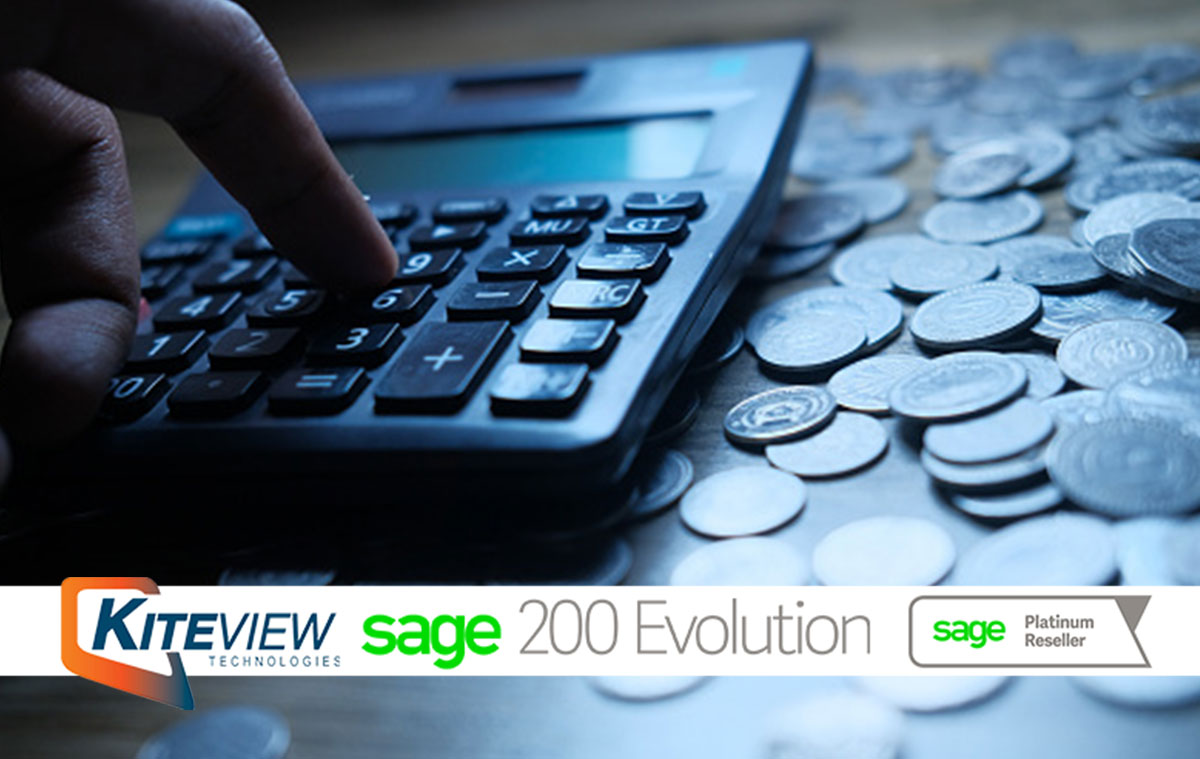Article credit: Sage
Starting and growing a business is an exciting but challenging prospect. While you may be a skilled leader or have a great idea for a product or service, the financial side of your operation is not always something that comes naturally. Even after you secure funding, you aren’t done yet. You need to correctly allocate your funds for best results. If you don’t have a budget, you could end up spending more than you take in. You need to anticipate and plan for your future needs to maintain a strong cash flow.
Similar to your business plan, a budget sets a framework that helps you move toward your goals. However, unexpected events can throw a wrench in your plans. It’s important to realize that your budget is never static. There will be unforeseen changes, and you will need to make adjustments along the way.
Where to start with your budget
If you are just beginning the process of opening a business, a budget can help you estimate the total startup costs. A realistic budget also tells you the profit you can expect to bring in. Your initial budget should include all your revenues, costs, cash flow, and profits. After accounting for costs, you can determine if you have any funding left over for capital investments.
Small business owners often think they don’t need a business budget because they keep rough financial numbers (income and expenses) in their head. The problem with this approach? They’re likely to adjust the numbers to paint a more ideal view of business financials —or their recollections aren’t accurate. Committing budget numbers to a document and working with it through the year ensures accuracy (and, yes, honesty).
While budgets need to be calculated at least once a year, it may be better to update it once per month, or even daily.
Checking your budget regularly can help you make more accurate estimates based on the current status of your sales pipeline. You can also identify areas where you are at a risk of overspending and cut back before you go over your allocated totals.
One of the reasons you should review your budget is you can see the impact your decisions have made in the short term. You may discover you aren’t spending enough on marketing. Or you may be spending too much on certain marketing channels that aren’t generating a high return on investment. It’s important to consider your sales and referral channels. Additionally, you may be able to make adjustments to invoicing so payments can be sped up, enhancing your cash flow.
Don’t overlook often-forgotten expenses or revenue
- To make sure you don’t miss any expenses, use bank statements, credit card statements, and receipts to assemble a comprehensive list.
- Commonly missed expenses include bank/financial fees, interest, local and sales taxes, and home-office costs like utilities and rent/mortgage.
Prepare for the unexpected with a strong budget
Business moves at a quick pace, and sudden changes, such as a client cutting its budget or reducing an order, can harm your cash flow. You need to assess your budget to determine how the loss of revenue will impact profits and how long you expect the effects to last. Do you need to reduce marketing expenses or hiring costs until you can recoup the loss? Your budget needs to be flexible.
Kiteview Technologies (Pty) Ltd was founded in May 2010 to provide the Sage Evolution Business Management solution to the SME market. The management team of Kiteview have combined +30 years of experience in the delivery of small to mid-market Financial & Business Management solutions. This experience, combined with a sound project implementation methodology has helped in Kiteview’s growth, becoming a Platinum status partner for SAGE Pastel within just 1 year.
Contact Us
For An Obligation Free Quote








